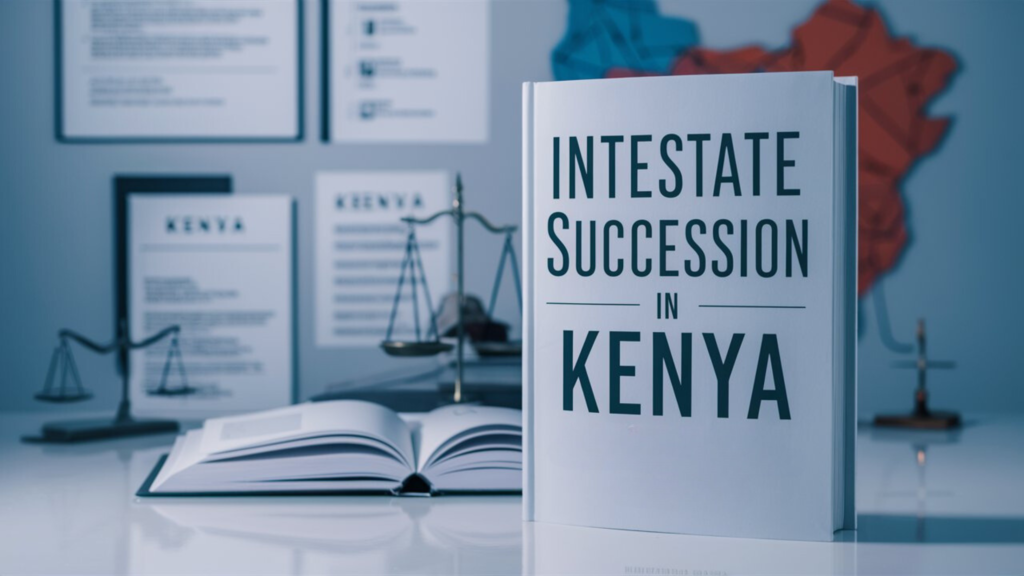Introduction Parties to an intended marriage may enter into an agreement before their marriage to determine their property rights. Such […]
Currently browsing: Publications
Understanding Land Rates: Annual Tax Levies for Property Owners and Their Impact on Public Services
Understanding Land Rates: Annual Tax Levies for Property Owners and Their Impact on Public Services Land rate is a tax […]
Understanding Child Custody and Maintenance in Kenya; A Comprehensive Guide to Legal Guardianship and Child Support
Understanding Child Custody and Maintenance in Kenya; A Comprehensive Guide to Legal Guardianship and Child Support In simple terms child […]
Review of the Computer Misuse and Cybercrime (Critical Information Infrastructure and Cybercrime Management) Regulations, 2024
On 11th April 2024, the Ministry of Interior confirmed that the National Assembly had approved the Computer Misuse and Cybercrime (Critical […]
Land Control Board Consent: Essential Guide for Agricultural Land Transactions
Land Control Board Consent: Key Requirements and Process for Agricultural Land Deals Transactions and dealings with agricultural land are primarily […]
Appealing the decision of the Tax Appeals Tribunal at the High Court.
There is no limitation for the period covered in a tax investigation in cases of gross/willful, neglect, evasion or fraud […]
Fostering Innovation In The Workplace: The Role Of Technovation Certificates In Kenya
Fostering Innovation In The Workplace: The Role Of Technovation Certificates In Kenya. If an employee innovates or creates an invention […]
Intestate Succession In Kenya: A Guide To The Rules And Considerations For Estate Distribution
Intestate Succession In Kenya: A Guide To The Rules And Considerations For Estate Distribution When a person dies their property is […]
Family Trusts as an Alternative to Traditional Succession
Family Trusts as an Alternative to Traditional Succession In our previous article, we discussed how to register a family trust. […]
Ensuring the Future: The Critical Role of Succession Planning for Digital Assets
Ensuring the Future: The Critical Role of Succession Planning for Digital Assets; Introduction In today’s world, technology plays a pivotal […]
Categories
Recent posts
- What Kenya Can Learn from the Virgin Atlantic vs British Airways Case: A Legal Perspective on Aviation Competition
- A Global Labour Shift: How Amazon’s Union Fights Could Reshape Worker Rights in Kenya
- Legal Lessons Kenyan Businesses Can Learn from the Pepsi vs Coca-Cola Brand Wars; How Global Corporate Battles Shape Strategy, Ethics, and Compliance for Kenyan Companies









